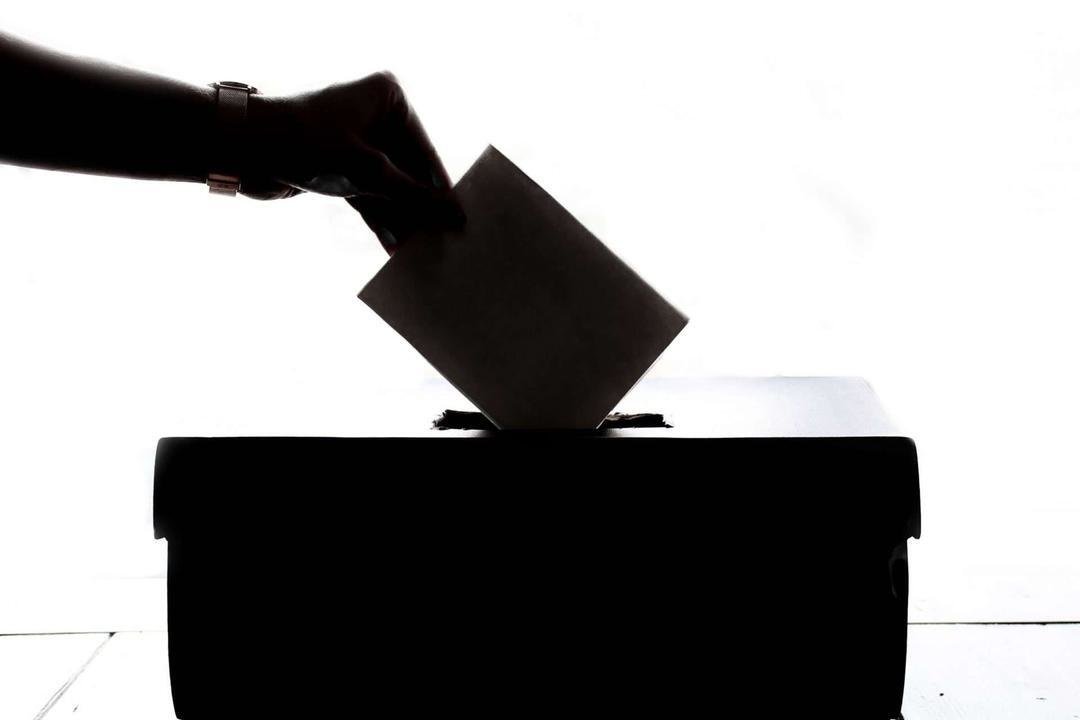Movimiento político perpetuo, por Carlos Rodríguez Braun

Como si fuera el Moto Perpetuo de Paganini, los políticos ante estas elecciones se mueven sin parar, en un baile que se repite sin aparente final. Esto afecta a todos los principales partidos nacionales.
Pedro Sánchez pasó de tener dudas sobre los nacionalismos a esgrimir la bandera de España con gran entusiasmo; de considerar a la ultraizquierda de Podemos un “socio preferente” a proclamar que no habría podido dormir por la noche de haber tenido dicho socio en el Gobierno; y de recomendar políticas económicas expansivas a presentarse como un mandatario serio que recorta el déficit y la deuda pública.
Tampoco el Partido Popular puede presumir de coherencia. Pablo Casado empezó con unos mensajes más liberales y por tanto muy alejados del estilo de Mariano Rajoy. Y ha terminado con proclamas centristas, y llevando en su candidatura en un sitio preponderante a Ana Pastor, que es políticamente idéntica a Rajoy.
De Ciudadanos los medios de comunicación se han hartado de señalar sus bandazos con relación a los socialistas, porque Albert Rivera comenzó con su “No es no” a Pedro Sánchez, y ahora ya plantea posibles acuerdos con el PSOE tras las elecciones.
Por fin, el movimiento perpetuo de Unidas Podemos se observa en sus divisiones, con el salto a la política nacional de Íñigo Errejón, uno de los fundadores del partido.
¿A qué se debe todo este Perpetuum mobile? A que hay varias formaciones políticas y a que las encuestas sugieren novedades importantes: una posible caída del PSOE, un derrumbe de Ciudadanos, un estancamiento de la ultraizquierda y una subida del PP.
El panorama electoral, por lo tanto, está más incierto que nunca, y en tales circunstancias la conclusión política parece ser justo la contraria de la que san Ignacio de Loyola aconsejó a los cristianos en tiempos de tribulación o desolación: “nunca hacer mudanza, mas estar firme y constante en los propósitos”.
Aunque siempre cabe argumentar que los propósitos electorales de los políticos son siempre firmes —obtener más votos— y lo que no es firme es el abanico de estrategias a las que recurren en cada momento para lograr sus objetivos.
Perpetual political movement
Carlos Rodríguez Braun
As if it were Paganini´s Perpetual Motion, faced with these elections, politicians are moving non-stop, in a dance that is repeated with no apparent ending. This affects all the main national parties.
Pedro Sánchez went from having doubts about nationalisms to wielding the flag of Spain with great enthusiasm; from considering the ultra-left of Podemos as a “preferred partner” to proclaiming that he would not have slept at night if he had them as partners in the Government; and from recommending expansive economic policies to presenting himself as a serious leader that cuts the deficit and public debt.
Nor can the Partido Popular claim to be coherent. Pablo Casado began with more liberal messages and therefore far from the style of Mariano Rajoy. And he has ended with centrist proclamations, and putting Ana Pastor, who is politically identical to Rajoy, into a dominant position in his policy,
The media has grown tired of pointing out the lurches of Ciudadanos towards the socialists, because Albert Rivera began with his “No is no” to Pedro Sánchez, and now he is considering possible agreements with the PSOE after the elections.
At last, the political movement of Unidas Podemos can be seen in their divisions, with Íñigo Errejón, one of the party´s founders, taking the step up to national politics.
What is all this Perpetuum mobile due to? The fact that there are many political parties and that the surveys suggest important new developments: a possible decline of the PSOE, a collapse of Ciudadanos, a stagnation of the hard-left and a rise of the PP.
The electoral panorama is thus more uncertain that ever, and in such circumstances the political conclusion seems to be completely the opposite of what St Ignatius of Loyola advised Christians in times of tribulation or desolation: “never make a change, remain firm and constant in resolutions”.
However, it can always be argued that the electoral resolutions of politicians are always firm -obtain more votes- and what is not firm is the range of strategies that they use at any given time in order to achieve their objectives.


